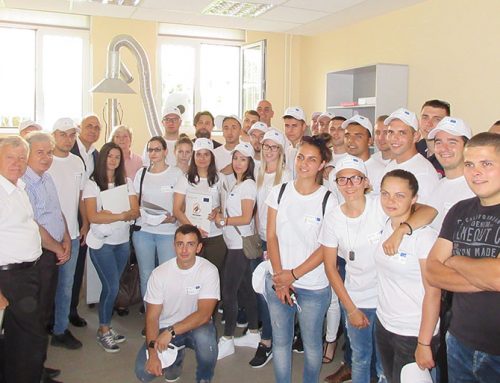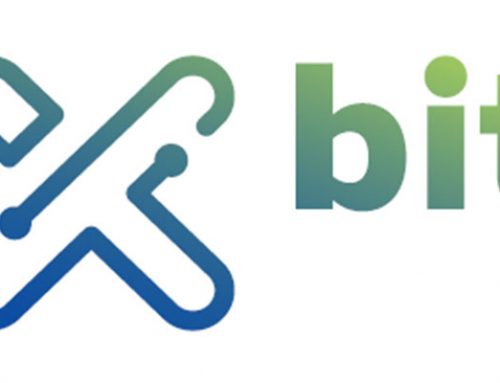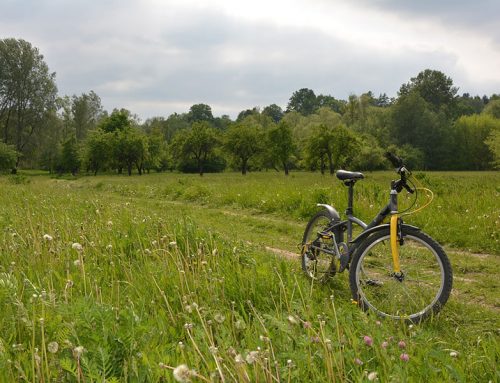Serbia’s position within the Balkans, at the crossroads of European and Asian trading routes, brings it many social and economic benefits. It has also brought problems, most of them stemming from the Yugoslav Wars of the 1990s. During these difficult years, a breakdown in the rule of law, political instability, high unemployment, corruption and porous borders all created the ideal environment in which organised crime groups could operate.
Human trafficking is one of the main criminal activities to have flourished. According to a June 2010 report by the UN Office on Drugs and Crime, trafficking in persons in Europe now generates €2.5 billion per year. The human misery and suffering endured as a result of trafficking is impossible to calculate. But gradually grass-roots non-governmental organisations are emerging in Serbia that are ready to take on the crucial process of assisting victims of human trafficking to recover from their traumatic experiences and reintegrate into society.
An organisation that has been particularly active in this domain is ASTRA – or Anti Sex Trafficking Action, which works out of Belgrade. It recently took part in a year-long project funded by the European Union to bolster its capacities and those of other similar organisations to work with traumatised and sexually abused child victims of trafficking.
The plight of child victims
While much of the focus of the work against human trafficking is on women, it is estimated that between March 2002 and October 2011, out of all the identified victims of trafficking in Serbia around 37% were children. It is a proportion that is increasing. From June 2010, the project, which received approximately €103,000 from the EU, organised two four-day training courses in the UK for ASTRA and members of three other similar local organisations, as well as helped to develop two training schemes for Serbian social workers and foster families in caring for trafficked children.
The UK-based training courses primarily informed participants about EU practices and standards in working with traumatised and sexually abused child victims of trafficking. Topics covered collectively included exploring the impact of trauma and loss, creating a healing environment, and recognising the signs of child abuse and understanding its long-term effects.
Dobrila Grujic, head of the Centre for Fostering Youth and Children Belgrade, noted at a project conference: “Consequences on the traumatised children can last a long time and sometimes they are irreversible. Children often suffer violence and usually institutions offer no intervention as this violence is not recognised by them. Fortunately, there are a lot of foster families in Serbia and the institution of fostering is becoming more and more developed.”
Towards the end of the project, ASTRA ran a media campaign to raise awareness among the general public of the seriousness of the problem of trafficking in children and the availability of the ASTRA SOS Hotline that offers assistance to trafficking victims. Within one month of the campaign’s launch, the number of calls to the Hotline had risen by 12.9%, from 219 to 284 calls.
More information
Project: Stop Trafficking of People – STOP!
Implemented by: Society Ključ, Slovenia – drustvo-kljuc.si
British Association for Adoption and Fostering (BAAF), UK – www.baaf.org.uk
See also: ASTRA (Anti Sex Trafficking Action), Serbia – www.astra.rs




